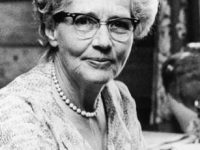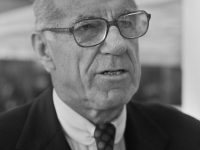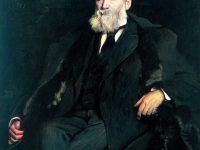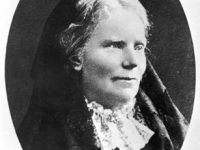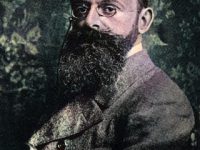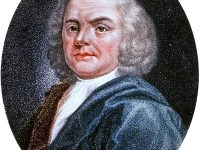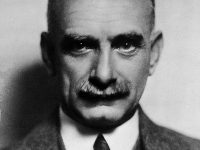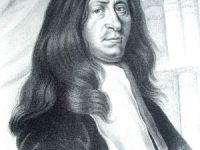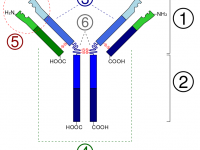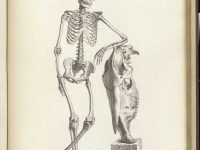Helen Taussig – the Founder of Pediatric Cardiology
On May 24, 1898, American cardiologist Helen Brooke Taussig was born. Taussig is often referred to as the founder of the field of pediatric cardiology. Notably, she is credited with developing the concept for a procedure that would extend the lives of children born with Tetralogy of Fallot (the most common cause of blue baby syndrome). This concept was applied in practice as a procedure known as the Blalock-Taussig shunt. Helen Taussig…
Read more

